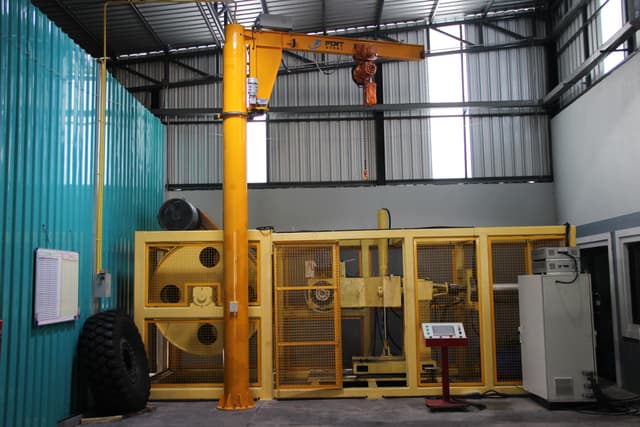Customs Support Group and Boston Consulting Group say companies are underestimating the economic significance of customs
A new study has revealed that 20 to 40 percent of European customs delays are caused by avoidable classification or documentation errors, leading to costly hits to margins for thousands of businesses.
The joint study has been published by Customs Support Group (CSG), Europe’s leading independent provider of customs and trade solutions, and Boston Consulting Group (BCG), who argue that customs is no longer a mere obligation but a means of driving growth and protecting margins.
Entitled ‘The Hidden Power of Customs Management in Global Trade’, the research reveals that companies are underestimating the economic significance of customs.
In 2024, customs authorities worldwide collected between USD 600 and 900 billion in duties – almost one per cent of global economic output. At the same time, complexity is rising due to new sanctions, stricter rules of origin, carbon border instruments and dynamic duty rates.
In Europe, clearance takes an average of two to three days, with 20 to 40 percent of delays caused by avoidable classification or documentation errors.
Added to this are demurrage and detention fees amounting to several thousand euros per container, as well as retroactive duty adjustments going back up to ten years.
Overpayments due to insufficient use of free trade agreements (FTAs) or incorrect classification at global companies frequently reach seven-figure sums per year.
The study has also found that centralised data, clear governance and digitisation and automation create transparency across declarations, payments, product master data and classifications. AI-assisted classification today achieves more than 85 per cent accuracy and is learning to detect inconsistencies between specifications and customs filings.
At the same time, the survey shows 42 per cent of companies view innovation as an efficiency driver, while 27 per cent express compliance concerns about AI use – a clear mandate for human oversight.
Based on these findings, the study identifies five decisive factors to unlock value:
- Embed customs early in sourcing and design: Lowers duties and cost of goods and speeds time-to-market
- Centralise data and governance: Increases transparency, reduces error rates and improves audit readiness
- Build cross-functional ownership (tax, legal, supply chain, procurement, IT): Enables faster decisions and fewer media breaks
- Establish adaptable processes and systems (bonded warehouses, digital document flows): Creates more resilient supply chains and shorter lead times
- Scale AI and automation: Delivers correct classification in more than 85 per cent of cases and significantly reduces rework
“Our collaboration with BCG shows how strongly customs management is moving to the forefront for leading international companies,” said John Wegman, CEO of Customs Support Group and co-author of the study.
“Never before has the strategic integration of customs with procurement, logistics, and technology been so crucial to sustainable business success.”
The study can be viewed in full at www.customssupport.com/the-hidden-power-of-customs-management-in-global-trade.













